Smiling Mind Generation
I’m someone working with children in an education setting. How can I help?
As a person working with children to build new understanding and learn new skills, you are uniquely positioned to support children to learn key mental fitness skills through Social and Emotional Learning (SEL).
SEL is recognised as an effective preventative approach for building children’s ability to succeed and thrive. Incorporating SEL into the classroom and other learning environments helps children build critical life skills to boost overall mental health and wellbeing.
We’ll regularly add resources to this page, so bookmark it and check back each month.















